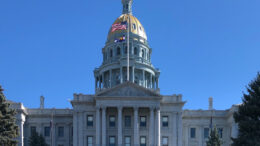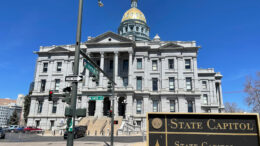Colorado bill sets up a public ‘clearinghouse’ of draft legislation in between General Assembly sessions
State lawmakers could voluntarily post drafts of proposed legislation — before legislative sessions begin — on a “clearinghouse” website of the Colorado General Assembly under a measure endorsed by a House committee.








